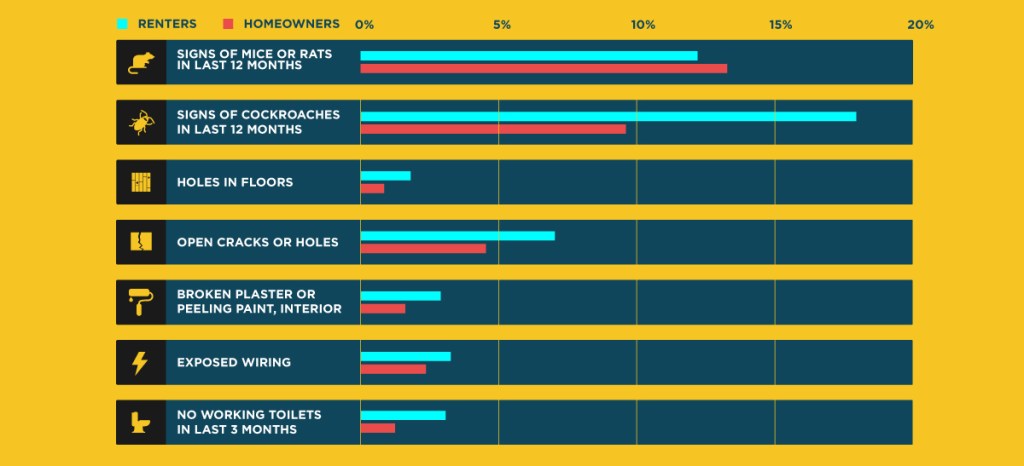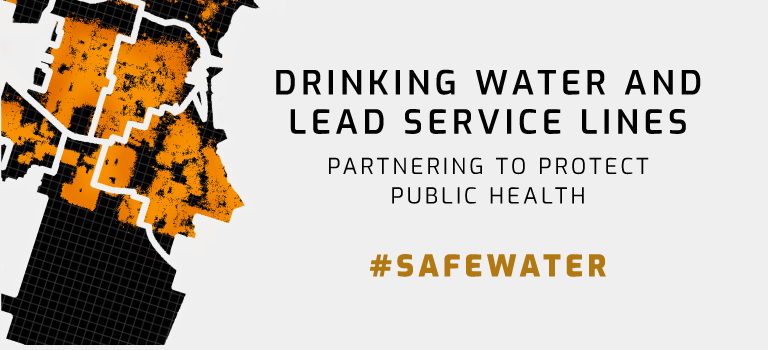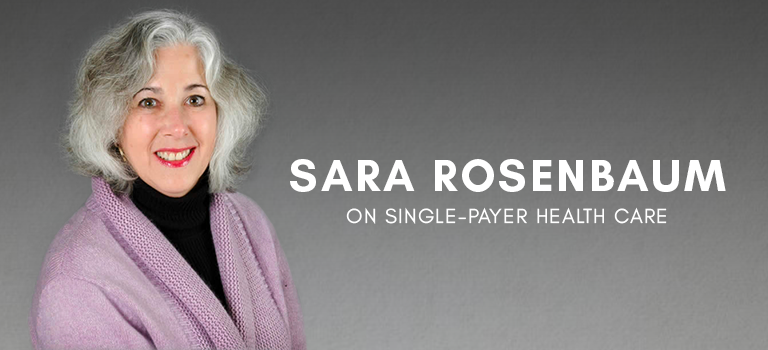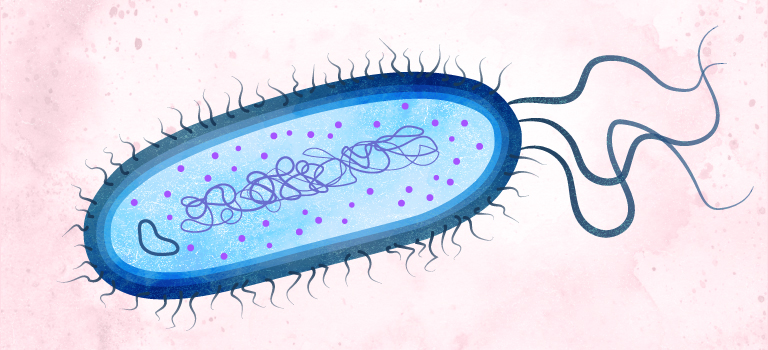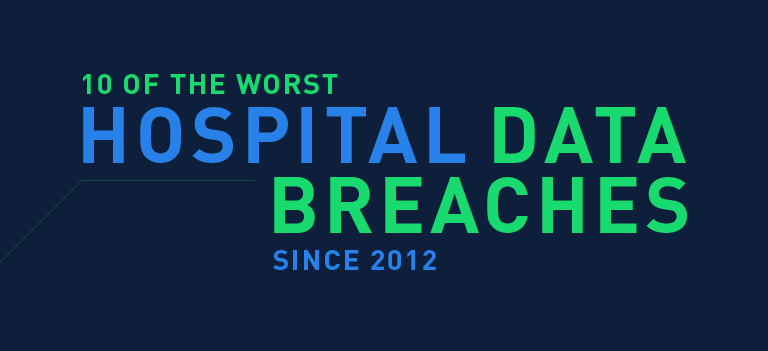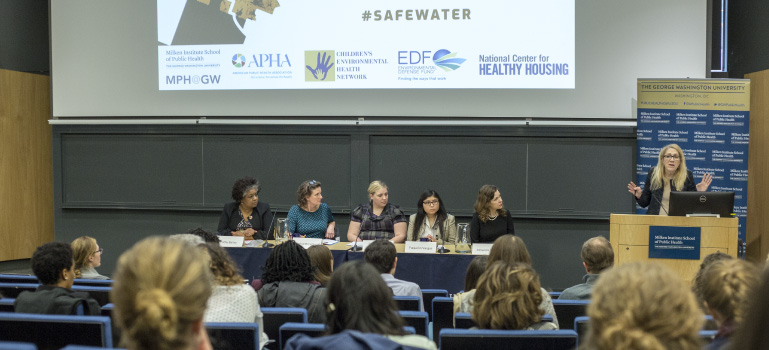
A panel discussion organized by MPH@GW and the Milken Institute School of Public Health at the George Washington University focused on the health risks of lead service lines within the broader context of tackling all sources of lead and the role of public health professionals in the replacement process.



